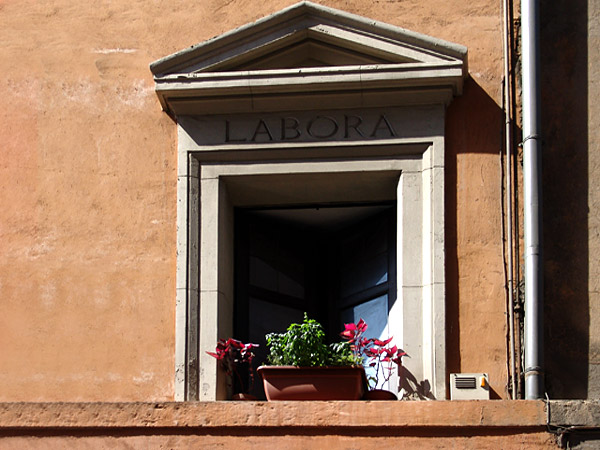
Aren’t we focused a bit too much on identity lately, or rather, on a very narrow definition of it? What does identity even mean?
Who we are always depends on several factors, only part of which is controllable by ourselves. We may want to be seen a certain way, but we cannot change how others see us.
I may decide I am Vulcan, but there’s not much of a chance that people around me would easily agree to associate me with a fictitious species from a television franchise. Could I decide to be a cat? Or something else I am not? Who tells us what we can feel to be? What if I were to really believe that I was something specific, whether it agreed with my appearance or not, could I demand that people see me that way? And even if I could, and people would agree with that, how and why would that even matter?
Am I my biology? Am I my nationality? Am I my ethnicity? Am I my history? Am I my skin color? Am I my gender identification? There are many things that may define me – and I won’t get into them, for they can be deeply personal – but what does that really mean? Am I not multiple people depending on where I am, who is seeing me, who I am with, what I am feeling, what I am doing?
Of course I have a sense of self, but so what? Do I really need to put words to it? Sometimes I might need to, in order to communicate something to others – especially if what I appear to be does not align with what I believe of myself to be. People make assumptions, and sometimes, this can be a problem. If people make too many assumptions about others rather than to actually allow people to also have some agency in what they want to be, that certainly would be wrong – and this is what so-called “wokeness” focuses about. If you are, to quote Frantz Fanon’s phrase, “overdetermined from without,” you do not get the chance to self-define. In that case, it is indeed important to be allowed to say: “no, you are wrong about me, this is not who I believe I am – give me a chance to take ownership of my life.” That is what the “woke” fight about identity is really about, at its core.
And yet, once that is done with (and I know it is not that easy in practice), what are we, really? Once we are able to live our lives in the way that we would like to live them, once we have acquired the privilege of being accepted, of being seen as somewhat normal (meaning, as fitting within what we accept as fulfilling our social norms), is the real question then not: “what do you do with this identity?” Thus, is not the real question then, what are we doing with our life? Once we are allowed to be, we must do. We must turn that being towards a purpose, must turn all this contemplation into an active life, as Hannah Arendt has called for.
Am I, in the end, the person that I am as a body, as a member of a society, a community, a group, a family, or am I, in the end, a person who has done something specific, has attempted to lead a meaningful life, and has hopefully fostered in others a way to create meaning for themselves and others as well?
Let us maybe rephrase this even more. Once we are dead, once our bodies are only a decaying memory, once our communities have transformed beyond what we may have known, once all our outward determinants have ceased to hold meaning and we are nothing but a name – if at all –, what have we done, what traces have we left in the world, how will we be remembered? Now, such a rephrasing leads me to believe that it is much more our actions, our doing, our production, our effect and impact on others that define us. For in the end, our destination, our telos (as Aristotle would understand it), our purpose, is that not to impact the world and those around us in a way that moves us all in the right direction? At least that would be my hope.
If we get stuck in the phase of mere identity examination, then nothing will be achieved, and all we will have done would amount to a self-congratulatory exercise in self-affirmation, nothing else. It may feel good, but that’s about it. Any thinking about identity can thus only be a means to an end, not the end itself: We discover who we are – and we allow others to do so as well – in order to discover what we can do, not just for ourselves, not just for our specific community, but for everyone.

